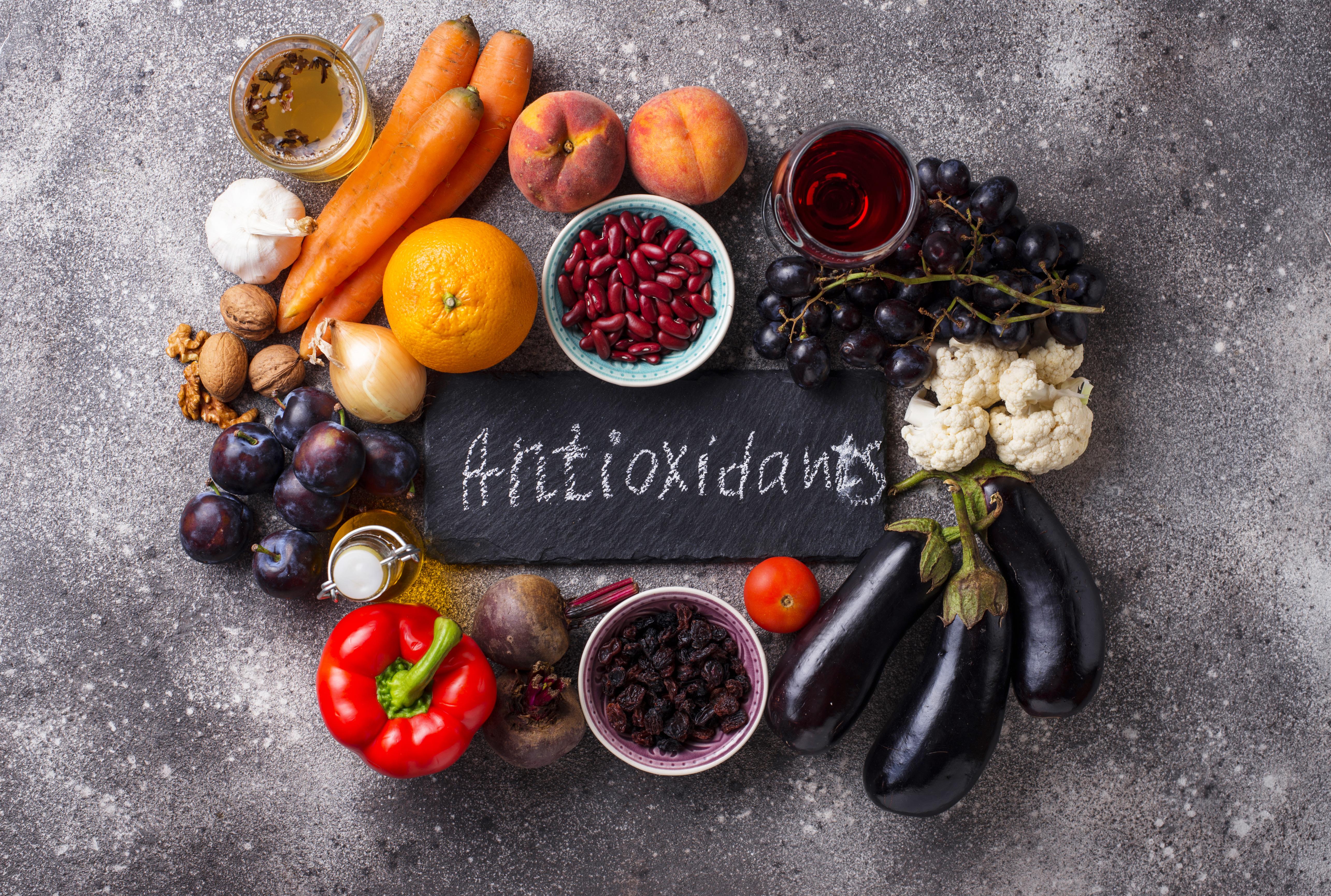10 Vegan Secrets for a Healthier, Happier Heart
In recent years, the vegan diet has gained significant attention not only for its ethical and environmental benefits but also for its profound impact on health, particularly heart health. As cardiovascular diseases continue to be the leading cause of mortality worldwide, exploring dietary solutions that can mitigate these risks is crucial. The vegan diet, characterized by the exclusion of all animal products, offers a plethora of nutrients and health benefits that contribute to cardiovascular wellness. This article meticulously unravels ten secrets of the vegan diet that safeguard your heart's health, providing a comprehensive understanding of how plant-based nutrition supports cardiovascular function. From nutrient-rich plant foods to the reduction of harmful dietary components, each section will delve into specific aspects of the vegan diet that promote a healthy heart, offering insights backed by scientific research. Whether you're a seasoned vegan or considering transitioning to a plant-based lifestyle, this exploration aims to inform and inspire heart-healthy dietary choices.
Secret #1: Cholesterol-Free Eating

One of the most significant advantages of a vegan diet is its complete absence of dietary cholesterol, found exclusively in animal products. High cholesterol levels are a known risk factor for heart disease, leading to plaque buildup in arteries and increasing the likelihood of heart attacks and strokes. By eliminating animal-derived foods, vegans naturally avoid dietary cholesterol, significantly reducing their risk of developing high cholesterol-related heart issues. Studies have shown that individuals following a vegan diet tend to have lower levels of LDL cholesterol, the "bad" cholesterol, compared to their omnivorous counterparts. This reduction is largely attributed to the high intake of fiber-rich foods that not only bind to cholesterol in the digestive system but also promote its excretion. By maintaining lower cholesterol levels, vegans can effectively safeguard their heart health, illustrating the profound impact of plant-based eating on cardiovascular wellness.
Secret #2: Rich in Antioxidants

A vegan diet is inherently rich in antioxidants, powerful compounds that combat oxidative stress and inflammation, both of which are key contributors to heart disease. Antioxidants such as vitamins C and E, beta-carotene, and flavonoids are abundant in fruits, vegetables, nuts, and seeds, all staples of a vegan diet. These compounds help neutralize free radicals, unstable molecules that can cause cellular damage and contribute to the development of atherosclerosis, a condition characterized by the hardening and narrowing of arteries. By consuming a diverse array of plant foods, vegans ensure a high intake of these protective antioxidants, which not only support heart health but also enhance overall well-being. Research has consistently demonstrated that diets high in antioxidants are associated with a reduced risk of cardiovascular diseases, highlighting the importance of plant-based nutrition in maintaining a healthy heart.
